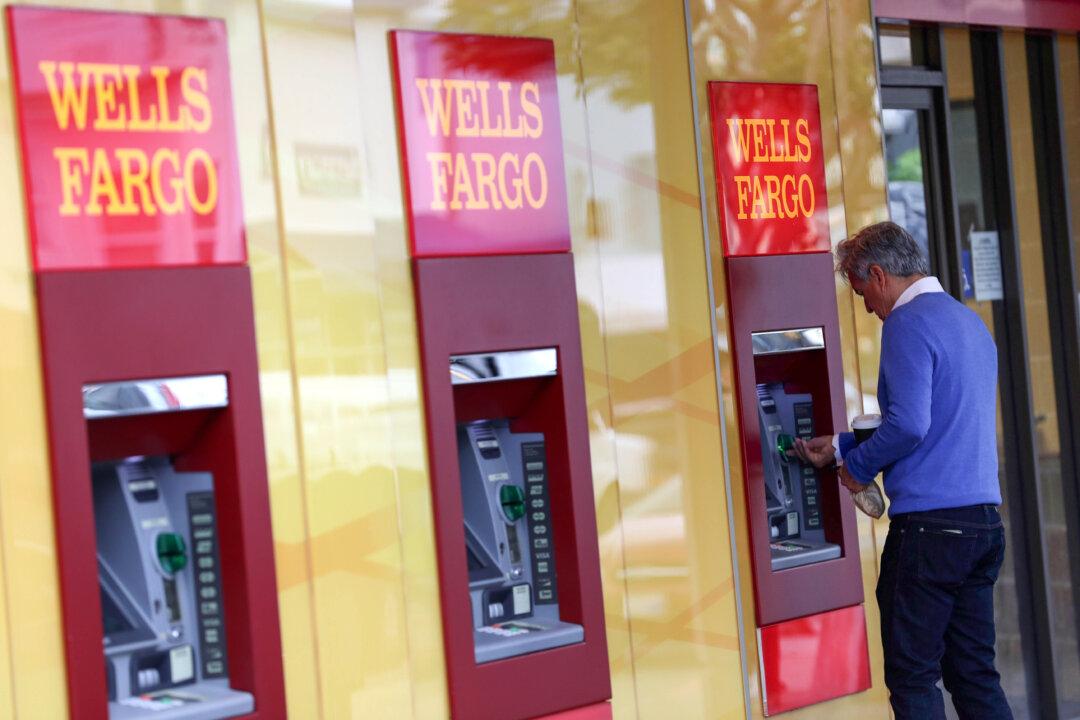The Consumer Financial Protection Bureau (CFPB) has issued a final rule the agency says is aimed at providing consumers with greater control over their personal financial data, promoting competition within the financial services industry, and improving customer service.
Under the “open banking” rule, consumers will be able to transfer their financial data, such as bank account information and transaction histories, from one provider to another for free, the agency said in a press release.





